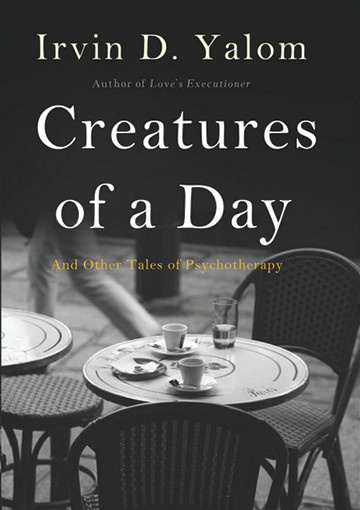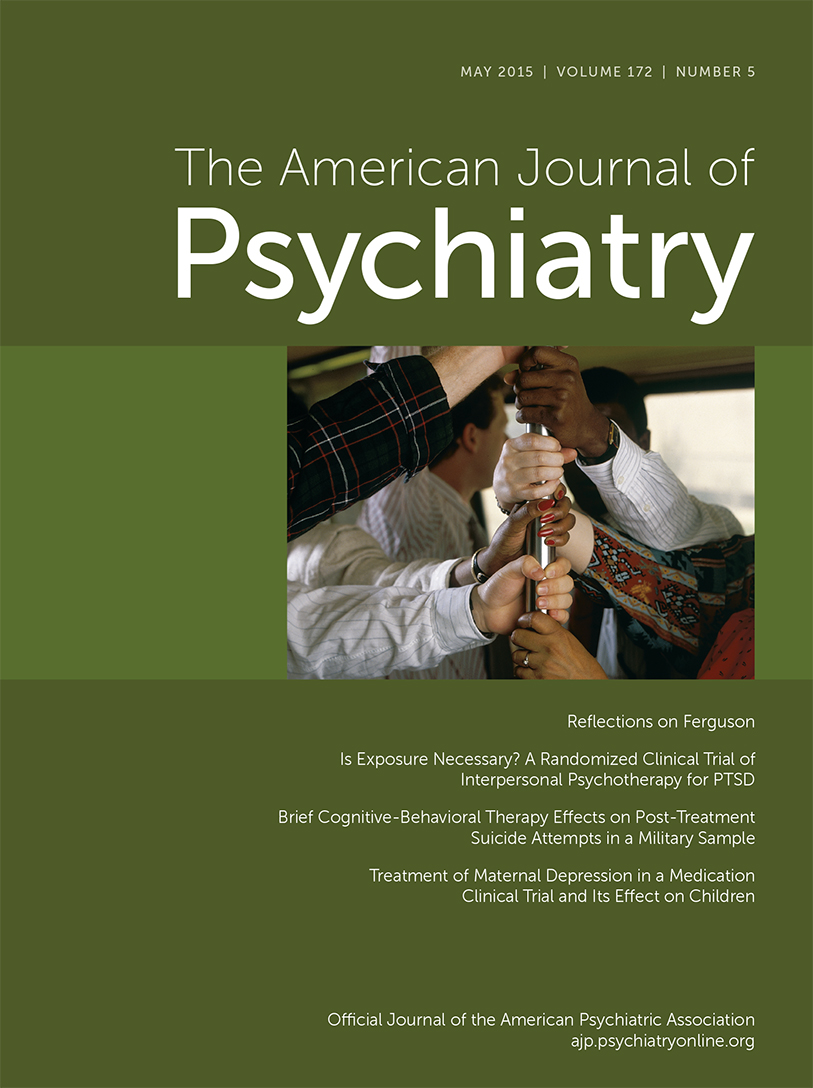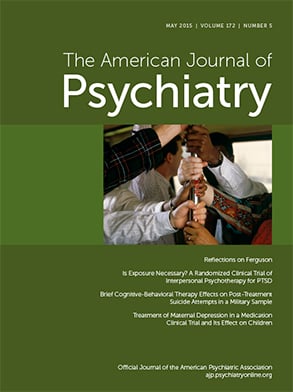Irvin Yalom has been steeped in an existential psychotherapeutic perspective for nearly all of his professional life. His
Existential Psychotherapy (
1), written three and a half decades ago, followed in the tradition of Martin Heidegger (
2), Jean Paul Sartre (
3), Medard Boss (
4), R.D. Laing (
5), and Rollo May (
6). And now, in his new volume,
Creatures of a Day, he turns to the grand-daddy of all existentialists, the Stoic philosopher Marcus Aurelius, for the title and theme. For we, humanity, are these creatures of a day, with a limited life span that is infinitesimally small within the scope of creation.
What better focus for an existentialist psychotherapeutic perspective than this prefatory quote from the Meditations of Marcus Aurelius:
“All of us are creatures of a day; the rememberer and the remembered alike. All is ephemeral—both memory and the object of memory. The time is at hand when you will have forgotten everything; and the time is at hand when all will have forgotten you. Always reflect that soon you will be no one, and nowhere.”
Yalom is a magisterial writer, of both novels and psychological nonfiction. And he has done it again in this well-crafted, beautifully written, and thoughtful compilation of 10 different case studies of patients dealing with their anxieties about death, loss, and the passage of time, all highlighting the importance of coming to grips with our brief span of life in the psychiatric therapeutic encounter. What could have been a maudlin, death-obsessed book is actually highly life affirming, as each of these therapeutic tales speaks to human resilience and creativity in the face of man’s mortality. In fact, in the tradition of existential psychotherapy, these clinical vignettes demonstrate that it is only when illness, decline, and the fear of death are confronted psychotherapeutically that one has the possibility of freedom, choice, and living life to the fullest.
These are wonderful teaching stories, filled with showing how a meaningful psychotherapy can be conducted. Rather than prescriptions for what one should do as a clinician, we have Yalom recounting therapeutic interactions in his vivid, easily flowing prose. We see clinical problems of patients, resistance to change, and stalemated therapies that become transformed into healing experiences. And all the while, here is Irvin Yalom thinking out loud, musing about his concerns about the patient and himself and his own countertransference reactions. Here he is as professor, teacher, clinician, and mench, giving us a comprehensive and literary look into his consulting room, replete with his worries, perceived “errors” and successes.
For Yalom is wrestling, as he has for years, with life’s finite nature. As the years go by, he acknowledges that he becomes even more mindful of the passage of time and the importance of recognizing life’s short window. As an existential psychotherapist, he believes that only by addressing and dealing with our given span during the psychotherapeutic encounter can meaningful change occur for our patients.
This is an erudite book, profound yet straightforwardly conceived and captivatingly executed. It is well worth reading by the general public interested in humanity, personal motivation, and change. It will be a must-read for any psychology student, psychiatric resident, or clinician. It is a book that will showcase therapeutic skills, teaching how to meet patients in the therapeutic dialogue and how to be open to oneself, as well as to the patient, during the consulting room hours—and afterward. It is a book for the clinician, the philosopher, and the literary public.
“The most important thing I, or any other therapist, can do is offer an authentic healing relationship from which patients can draw whatever they need” (p. 209).
This compelling, admirably written compilation of how Irvin Yalom does psychotherapy and thinks about the clinical process will teach, inform, and reward the reader. Hopefully, Marcus has it a bit wrong, and Creatures of a Day will stand the test of time and be remembered for its clinical worth long after we are all gone.


